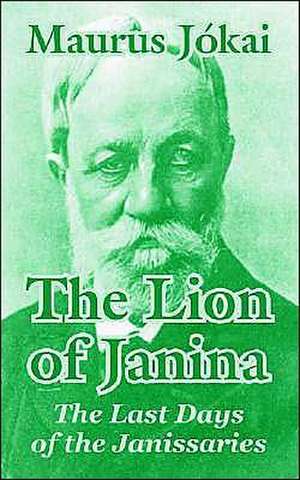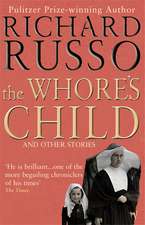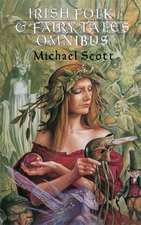The Lion of Janina: The Last Days of the Janissaries
Autor Maurus Jokai Traducere de R. Nisbet Bainen Limba Engleză Paperback – 31 ian 2004
| Toate formatele și edițiile | Preț | Express |
|---|---|---|
| Paperback (2) | 73.70 lei 3-5 săpt. | |
| – | 73.70 lei 3-5 săpt. | |
| Fredonia Books (NL) – 31 ian 2004 | 120.46 lei 6-8 săpt. |
Preț: 120.46 lei
Nou
Puncte Express: 181
Preț estimativ în valută:
23.05€ • 25.12$ • 19.42£
23.05€ • 25.12$ • 19.42£
Carte tipărită la comandă
Livrare economică 23 aprilie-07 mai
Preluare comenzi: 021 569.72.76
Specificații
ISBN-13: 9781410104984
ISBN-10: 1410104982
Pagini: 308
Dimensiuni: 142 x 202 x 19 mm
Greutate: 0.34 kg
Editura: Fredonia Books (NL)
Locul publicării:United States
ISBN-10: 1410104982
Pagini: 308
Dimensiuni: 142 x 202 x 19 mm
Greutate: 0.34 kg
Editura: Fredonia Books (NL)
Locul publicării:United States
Notă biografică
Móric Jókay de Ásva (1825 - 1904), outside Hungary also known as Maurus Jokai, was a Hungarian dramatist and novelist. Jókai was extremely prolific. It was to literature that he continued to devote most of his time and his productiveness after 1870 was stupendous, amounting to some hundreds of volumes. Stranger still, none of this work is slipshod and the best of it deserves to endure. Amongst the finest of his later works may be mentioned the unique and incomparable Az arany ember (A Man of Gold, translated into English, among others, under the title The Man with the Golden Touch), the most popular A koszívu ember fiai (The Heartless Man's Sons), the heroic chronicle of the Hungarian Revolution of 1848 and A tengerszemu hölgy (Eyes like the Sea), the latter of which won the Academy's prize in 1890. He was also an amateur chess player. His jövo század regénye (The novel of the next century - 1872) is accounted an important early work of Science Fiction though the term did not yet exist at the time. In spite of its romantic trappings, this monumental two-volume novel includes some acute observations and almost prophetic visions, such as the prediction of a revolution in Russia and the establishment of a totalitarian state there, or the arrival of aviation. Because it could be read as a satirical allegory on Leninism and Stalinism in the Soviet Union, the book was banned in Hungary in the decades of the Communist régime. (Its "Critical Edition" was delayed until 1981.)










